Pronouncing the letter C in French
In this guide, you’ll learn about the two ways to pronounce the letter C in French.
There are two different ways to pronounce the letter C in French:
- Like the letter K
- Like the letter S
K pronunciation
The letter C is pronounced like a K when it is followed by either an A, O or a U.
café — coffee (pronounced “kah-feh”)
concombre — cucumber (pronounced “kon-kom-breugh”)
curiosité — curiosity (pronounced “koo-ree-oh-zee-teh”)
S pronunciation
The letter C is pronounced like an S when it is followed by either an E or an I.
c’est — it is (pronounced “seh”)
cinéma — cinema (pronounced “see-neh-mah”)
The letter C is also pronounced like an S when it’s followed by the letter Y.
cygne — swan (pronounced “see-nyeugh”)
cyclisme — cycling (pronounced “see-kliss-meugh”)
The Ç cedilla
If you put a cedilla (the little squiggle) underneath the letter C, it will change it from a K sound to an S sound. You’ll only ever see a Ç in front of an A, O or U (it would be a waste of time in front of an E or an I, since it’s already pronouned like an S).
ça — that (pronounced “sah”)
garçon — boy (pronounced “gar-son”)
façade — frontage (pronounced “fah-saad”)
Let's practise
Let’s practise these letter C pronunciation rules a little. Here are some words, see if you can work out how to pronounce them. I’ve put the answers underneath, so you can check to see if you got them right:
- nièce (niece)
- conseil (advice)
- caleçon (boxer shorts)
- ceinture (belt)
- ce (this)
- carbone (carbon)
- complet (complete)
- certain (certain)
- résistance (resistance)
- français (French)
ANSWERS
- “nee-yess”
- “kon-say”
- “kal-son”
- “san-teur”
- “seugh”
- “kar-bon”
- “kom-pleh”
- “sair-tan”
- “reh-ziss-tonss”
- “fron-seh”
A little extra
The letter C can also be followed by the letters R, L, T and H. When it’s followed by an R, L or an T, it’s simply pronounced like a K:
critique — critic (pronounced “krih-teek”)
clavier — keyboard (pronounced “klah-vee-yay”)
instructif — instructive (pronounced “an-strook-teef”)
When the letter C is followed by a H, the combination of CH is usually pronounced like the SH in the English words ship or show.
champagne — champagne (pronounced “shom-pan-yeugh”)
cher — expensive (pronouced “share”)
chose — thing (pronounced “showz”)
However, there are a few words that contain a CH, which is pronounced like a K. They’re much less common, though:
technique — technical (pronounced “tek-neek”)
chœur — choir (pronounced “kur”)
archéologie — archaeology (pronounced “ar-keh-oh-loh-jee”)
At the end of a word
Finally, when you see the letter C at the end of a word in French, it’s always pronounced like the letter K:
truc — thing (pronounced “trook”)
sac — bag (pronounced “sak”)
lac — lake (pronounced “lak”)
In context
It’s always good to look at rules in context, because it helps to solidify them in your mind. So, let’s read through a few paragraphs of Harry Potter à L’école des Sorciers (Harry Potter and the Philosopher’s Stone, or, literally, Harry Potter at the School of Wizards), and focus on any words that contain the letter c…

CHAPITRE 11: LE MATCH DE QUIDDITCH
Le temps froid de novembre enveloppa de glace les montagnes qui entouraient l’école et la surface du lac prit une couleur d’acier. Chaque matin, le sol était couvert de givre et l’on voyait Hagrid, emmitouflé dans un gros manteau, qui dégivrait les balais sur le terrain de Quidditch.
La saison de Quidditch avait commencé. Le samedi suivant, Harry allait jouer son premier match après des semaines d’entraînement: Gryffondor contre Serpentard. Si Gryffondor gagnait, son équipe prendrait la deuxième place du championnat.
Presque personne n’avait vu Harry s’entraîner. Il était devenu l’arme secrète de l’équipe et Dubois le gardait soigneusement à l’écart. Il y avait eu des fuites, cependant, et l’on savait qu’il jouerait au poste d’attrapeur. Harry ne savait pas ce qu’il y avait de pire pour lui: ceux qui lui affirmaient qu’il allait être brillant, ou ceux qui lui promettaient de le suivre avec un matelas pour amortir sa chute. En tout cas, l’amitié d’Hermione avait été utile à Harry. Elle l’avait aidé à faire ses devoirs pour compenser le temps qu’il passait à s’entraîner et elle lui avait également prêté Le Quidditch à travers les âges dont la lecture s’était révélée très instructive.
glace — ice (“glass”)
école — school (“eh-kol”)
surface — surface (“seur-fass”)
lac — lake (“lak”)
couleur — colour (“koo-leur”)
acier — steel (“ah-see-eh”)
chaque — each (“shak”)
couvert — covered (“koo-vair”)
commencé — started (“koh-mon-say”)
match — match (“match”)
contre — against (“kon-treugh”)
place — place (“plass”)
championnat — championship (“shom-pee-oh-nah”)
secrète — secret (“seugh-kret”)
écart — gap (“eh-kar”)
cependant — however (“seugh-pon-don”)
ce — this (“seugh”)
ceux — those (“seugh”)
avec — with (“ah-vek”)
chute — fall (“shoot”)
cas — case (“kah”)
compenser —compensate (“kom-pon-say”)
lecture — reading (“lek-teur”)
instructive —enlightening (“an-strook-teev”)
Get three courses in one bundle, and save money
-
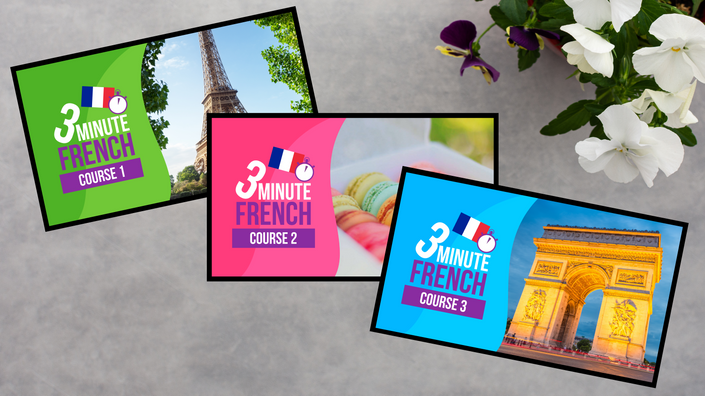
Courses 1, 2 & 3
Get this bundle -
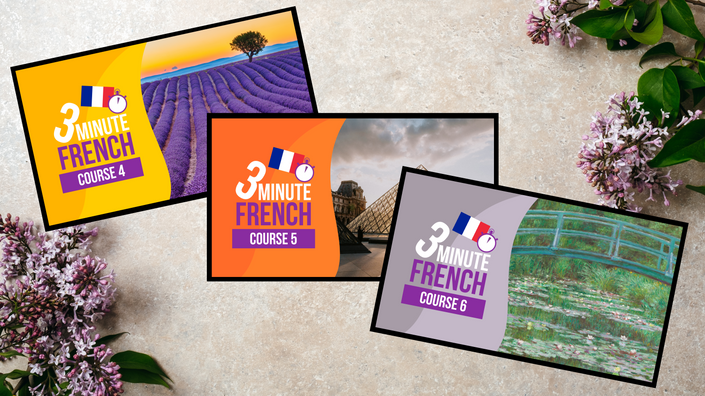
Courses 4, 5 & 6
Get this bundle -

Courses 7, 8 & 9
Get this bundle
Course 2, Building Structures and grammar courses
-
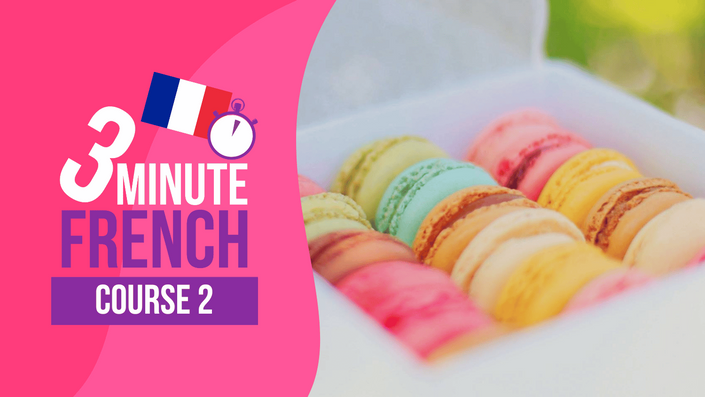
Course 2
Get this course -
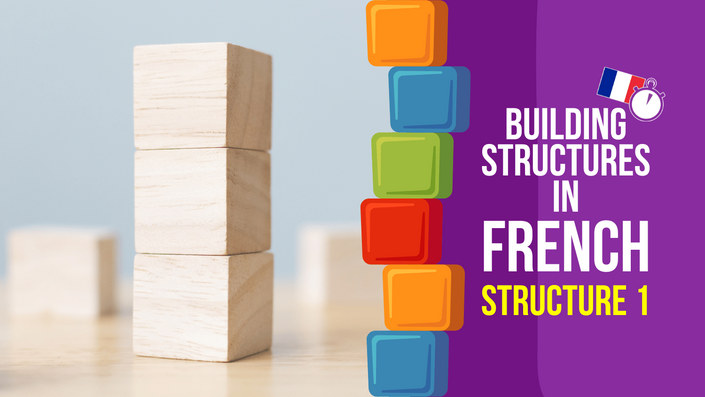
Building Structures
Get this course -
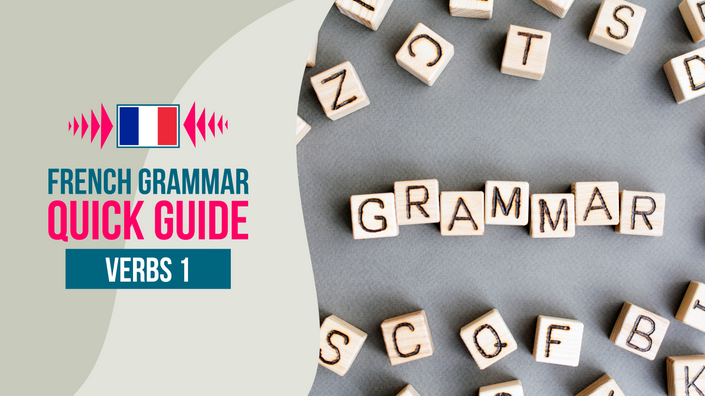
Quick Guide
Get this course
All my French courses
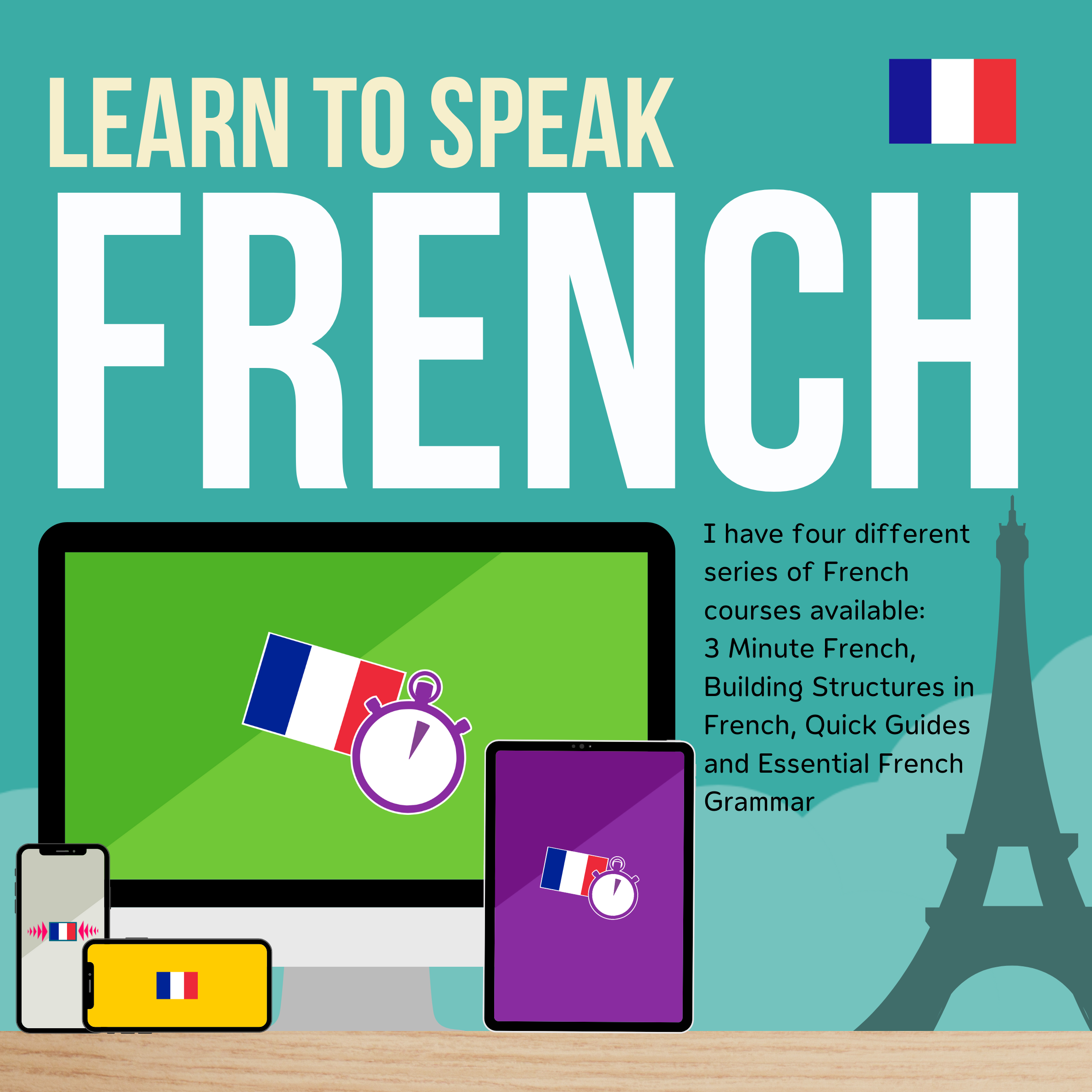
Building Structures in French
Quick Guides
French grammar
Essential French grammar - Future | Conditional | Imperfect
All my Spanish courses
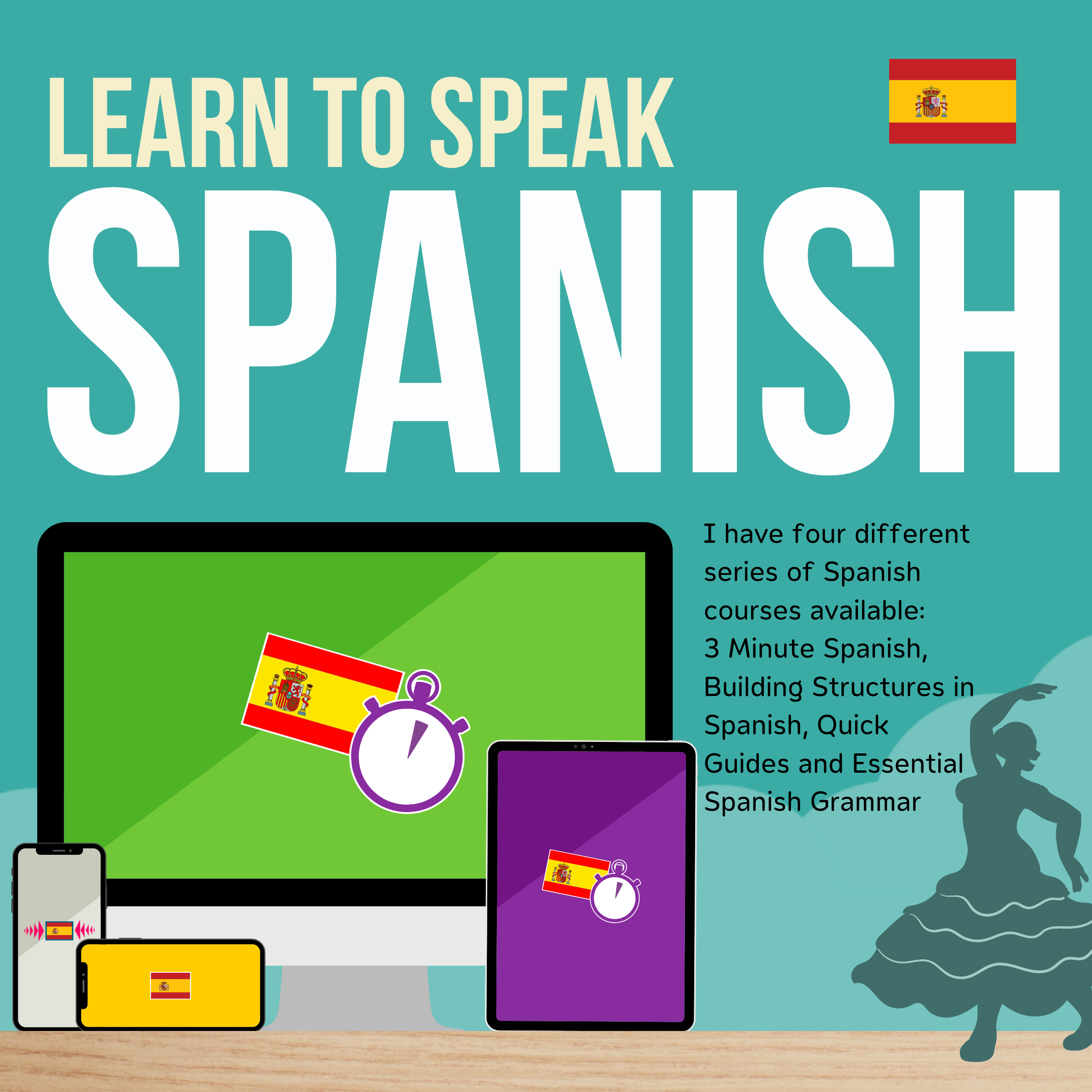
Building Structures in Spanish
Quick Guides
Spanish grammar
Essential French grammar - Future | Conditional | Imperfect
All my German courses

Building Structures in German
Quick Guides
German grammar
Essential French grammar - Future | Conditional | Imperfect
All my Italian courses

Building Structures in Italian
Quick Guides
Italian grammar
Essential French grammar - Future | Conditional | Imperfect
All my Portuguese courses

Building Structures in Portuguese
Quick Guides
Portuguese grammar
Essential French grammar - Future | Conditional | Imperfect
